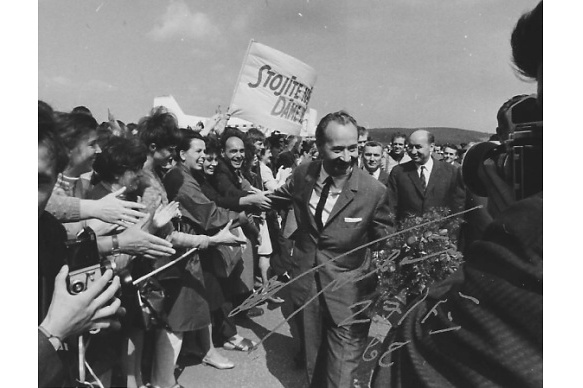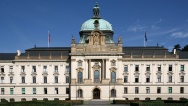Press Advisories
17. 8. 2009 13:30
21st August, 1968: Black day of Czechoslovak history
The group of officials who assumed the leadership of the ruling Communist Party of Czechoslovakia at that time was inclined to undertake cautious reforms, bearing upon all aspects of the life of society.
At first they were primarily aimed at restructuring and revitalizing the Czechoslovak economy, which had been grappling with permanent problems as a result of centralized socialist planning, but gradually they led to an overall relaxation of the atmosphere in society. The social changes included for instance reactivation of churches as well as a number of organizations and associations (such as the gymnastic club “Sokol” and “Junák, the Czech equivalent of Boy and Girl Scouts), paralyzation of censorship, attempts to deregulate the economy and change the constitutional setup.
All this was supposed to take place strictly within the limits defined by the power monopoly of the Communist Party of Czechoslovakia. The fate of the whole regenerative process and the direction in which the Czechoslovak society was to proceed was however decided elsewhere. The Soviet Union, in full keeping with the intentions of its leader Leonid Brezhnev, would not allow its Central European empire to disintegrate.
In the night from the 20th to the 21st of August, a military operation was launched, in the course of which Czechoslovakia was occupied by the armies of five Warsaw Treaty countries. This armed superiority, represented by three million soldiers and 6000 tanks, brutally extinguished all hopes for socialism with a human face. A massive wave of spontaneous popular protests against the occupation rose in Czechoslovakia, but in the subsequent months it subsided and was replaced by disillusionment and frustration.







